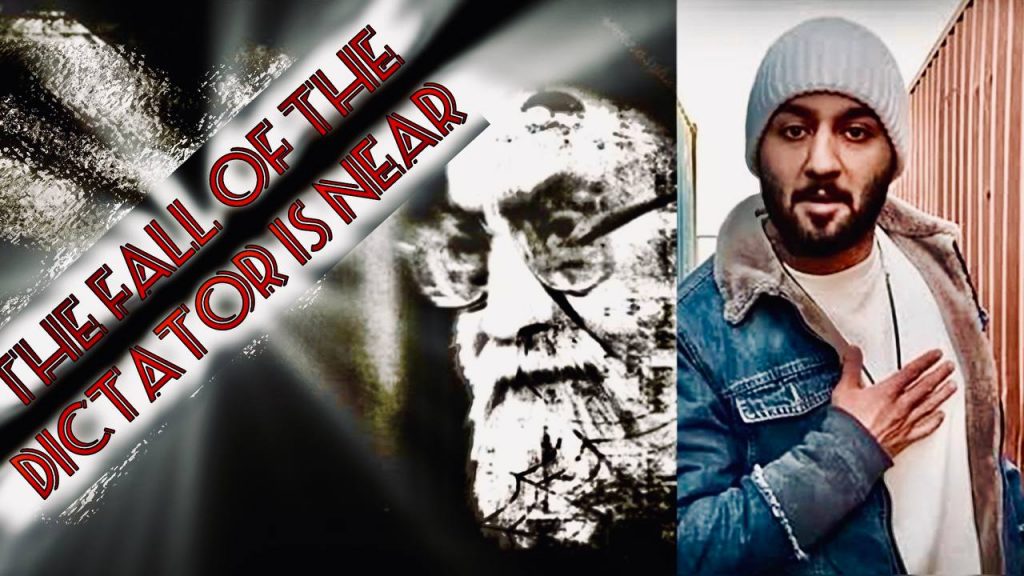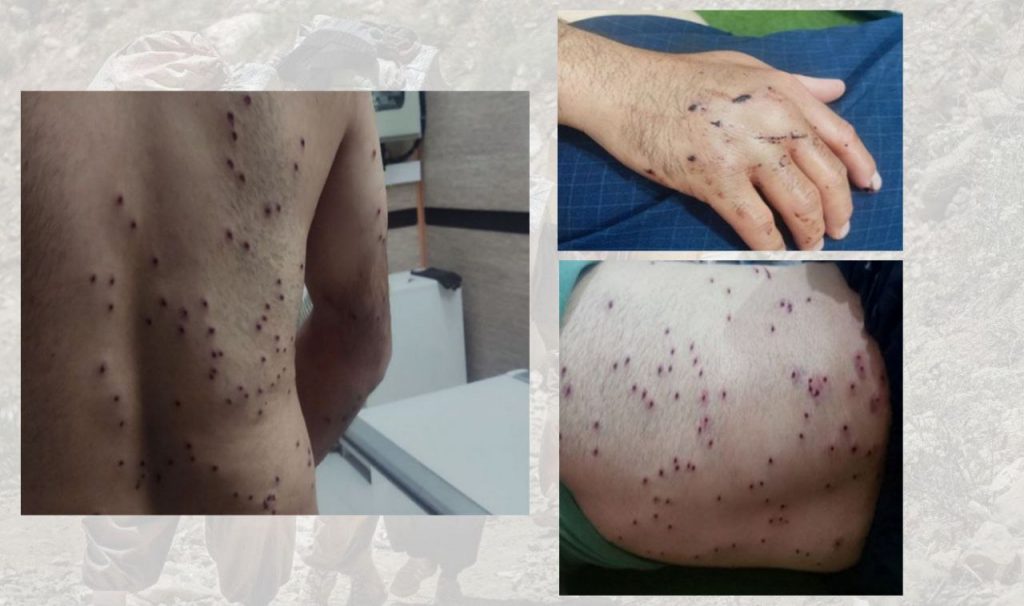
A court in Isfahan sentenced “Toomaj Salehi,” an artist and a prominent voice of the revolutionaries in Iran, to death on baseless and empty charges. This verdict comes amidst increasing attacks on free women, intensified pressure on political prisoners, and the regime’s resort to mass executions in hopes of instilling more fear in society, further tarnishing the Islamic Republic’s human rights record.
On Thursday, April 24th, Amnesty International released its annual report on the grim state of human rights worldwide. The report includes a special section on Iran, highlighting that in response to the “Women, Life, Freedom” movement, authorities have intensified suppression of freedom of expression, association, and peaceful assembly. They are even cracking down on women and girls who defy compulsory veiling.
According to Amnesty International, the security forces of the Islamic Republic have subjected thousands to interrogation, widespread arrests, unfair prosecutions, and imprisonment for fighting for their rights. The report further states:
“In these suppressions, ‘enforced disappearances, torture, and other ill-treatment are widespread and systematic. Women and girls, queers, and members of ethnic, national, or religious minorities faced systemic discrimination and violence. Cruel and inhuman punishments such as flogging were implemented. The use of the death penalty as a tool of political repression intensified, and the number of executions increased. All trials were unfair. Immunity from punishment for violators of international law, past and present, especially for crimes against humanity related to the massacre of [political] prisoners in 1988, was systematic.'”
In the annual report of Amnesty International, it is also mentioned that thousands of people in Iran, including children, have been subjected to humiliating interrogations, arbitrary detentions, and unfair persecutions, leading to their suspension or dismissal from their jobs. “These individuals include protesters, women who remove their hijabs in public places, journalists, actors and actresses, musicians, writers, academics, students, queer individuals, human rights defenders, including women’s rights defenders, anti-execution activists, lawyers, and families of victims,” the report states.
The authors of the report rightly point out that the Iranian regime condemns defenseless individuals to execution in sham trials and publicly hangs them on various occasions to intensify fear and intimidation in society. The report highlights the lack of freedom of expression, association, strike, media censorship, newspapers, magazines, books, discrimination, and violence against the property, lives of national and religious minorities, and horrifying conditions inside prisons. The report does not forget the intensified pressure on Afghans, estimated at around 5 million, and mentions that they are victims of repeated discrimination, including denial of access to education, housing, employment, health care, and banking services and preventing them from enjoying their right to freedom of movement. Hatred and racist media propaganda against Afghans are also addressed in the report.
The 418-page annual report of Amnesty International states that the violation of laws by governments is so severe that it has brought the world to a turning point in this regard. The report states that the human rights situation has worsened in 155 countries worldwide.
Amnesty International writes about the gross violation of Palestinians’ rights by Israel, up to the point of genocide in Gaza, and reminds that major governments are helping and have helped Israel in this regard. The report also refers to the creation of inequalities in the world, which are more evident in Iran than in other places. The suppression of workers’ wages, the spread of rampant unemployment and intensified poverty, child labor, and street children, and other resulting hardships should be considered human rights violations.
Moreover, all this criminality and discrimination in all countries, with Iran at the forefront, have been protested and fiercely fought against by women, workers, and other rights-seeking sectors, bringing the regime to its knees. The intensification of human rights violations, the increase in various pressures against rights-seeking and fighting people, and the issuance of death sentences against prominent artists like “Toomaj Salehi” are manifestations of the depth of this oppression. These struggles will ultimately overthrow the regime amidst major crises. Efforts must be made to ensure that after the Islamic Republic, a people-oriented and council-based regime comes to power, with ensuring human rights at the forefront of its duties.

